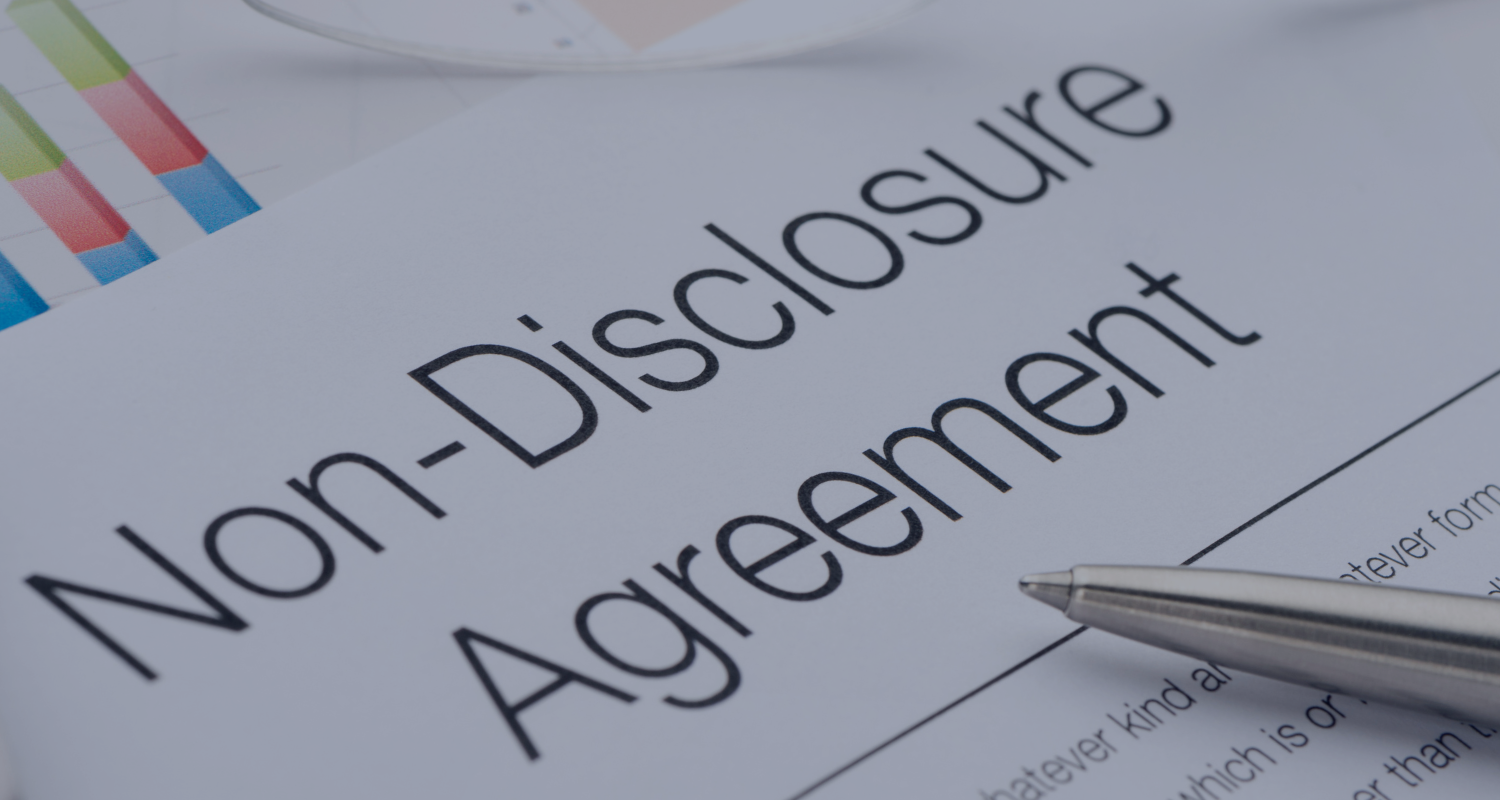
In the competitive world of business, information often is your business’s most valuable asset. Whether it’s a marketing strategy, a new product design, or an idea that makes your business unique, you are often inadvertently placed in a vulnerable position to share sensitive information about your business. A nondisclosure agreement (“NDA”) can be an important legal tool that helps you protect your interests.
What is an NDA?
An NDA, also known as a confidentiality agreement, is a legally enforceable contract that establishes confidentiality between at least two parties. The NDA outlines the confidential information, how it may be used, the duration of the secrecy obligation, and the consequences of its disclosure.
Types of NDA:
1. Unilateral NDA: Only one party discloses confidential information, and the receiving party is obligated to maintain its confidentiality. This type of NDA is commonly used in employer-employee relationships or when a business shares proprietary information with a potential investor.
2. Mutual NDA: Both parties share confidential information, and each agrees to protect the disclosed information. These are often used in joint ventures, mergers, or collaborations where both parties exchange sensitive information.
Benefits of NDAs for Small Businesses
1. Protects your Competitive Edge: You can protect your unique asset, whether it is a signature recipe, digital marketing strategy, or specialized service process.
2. Encourages Open Communication: You can share ideas and data with confidence, knowing your information is legally protected.
3. Creates Legal Recourse: It provides a clear legal path to seek remedies. This allows the courts to issue an injunction (to stop the disclosure) or award monetary damages.
4. Protects Client–Partner Relationships: If your business works with third parties, an NDA can reassure your customers that their information is safe with you. This can be a significant selling point in the healthcare industry, tech, real estate, or marketing, where privacy and trust are critical.
Small businesses use NDAs in a variety of day-to-day situations:
– Hiring employees or contractors
– Working with vendors or suppliers
– Pitching to investors or partners
– Selling or merging your business
– Collaborating with other companies
However, an NDA is not necessary in every case. For instance, if you’re pitching a general concept publicly or speaking with customers about standard products, an NDA may not be appropriate.
The key is determining when the information truly provides a competitive or strategic edge; in those specific circumstances, an NDA is essential to your business.
At SER & Associates, we help small businesses protect what matters most, their ideas, relationships, and reputation. Contact us today at 305-222-7282 or Info@Ser-Associates.com to schedule a consultation and learn how we can help your business stay protected while it grows.
For more legal insights, visit www.Ser-Associates.com and follow us on Instagram, Facebook, and LinkedIn!
